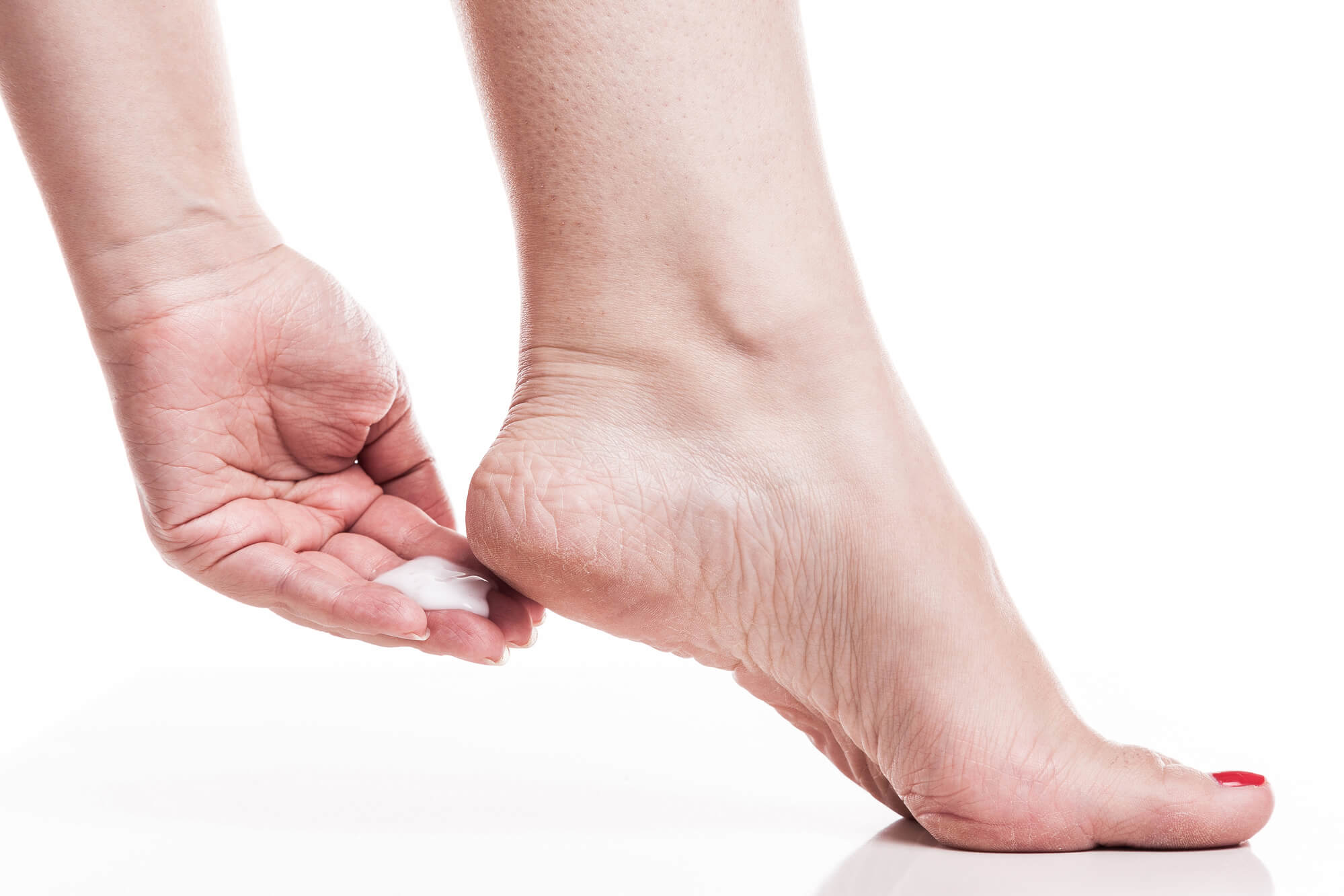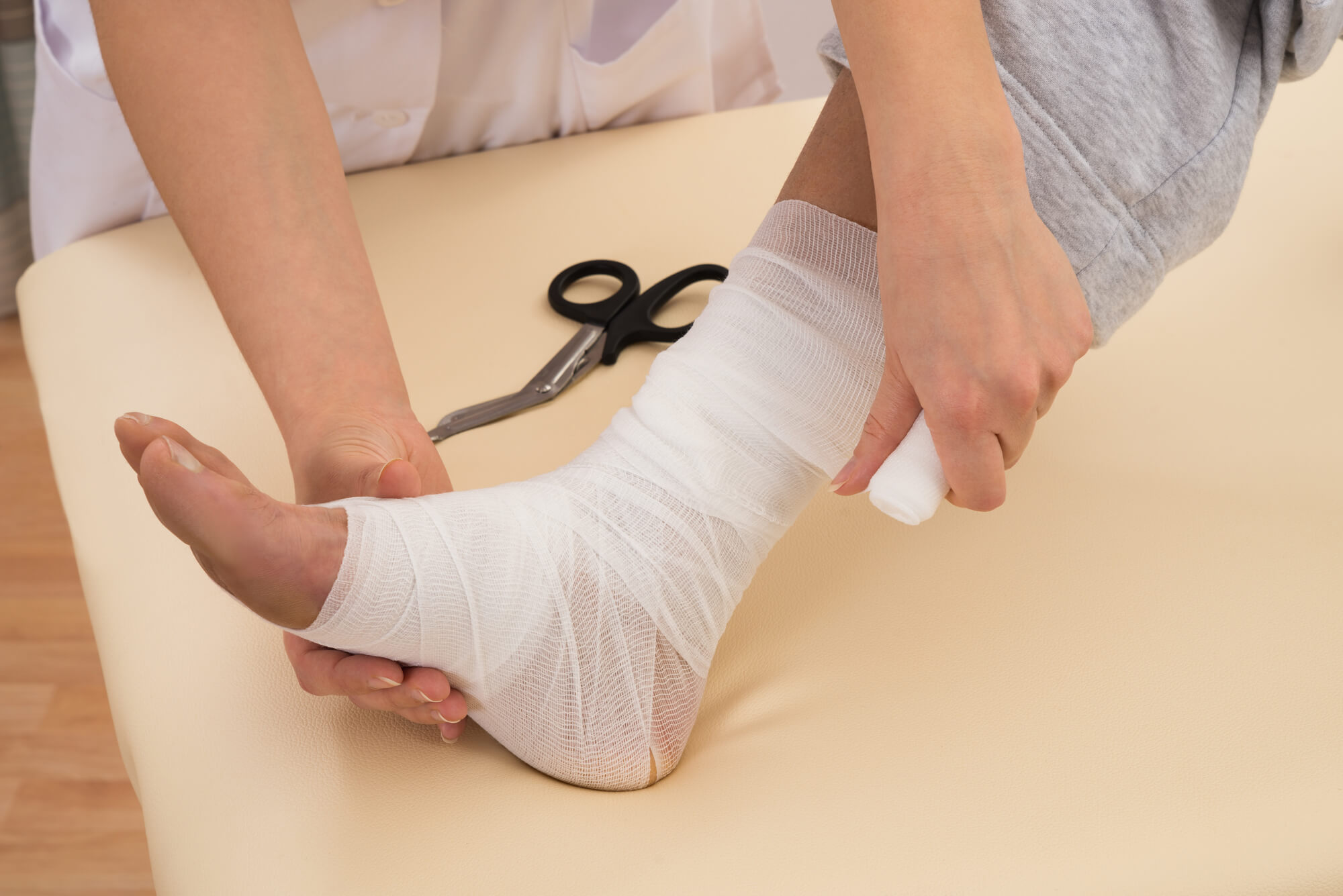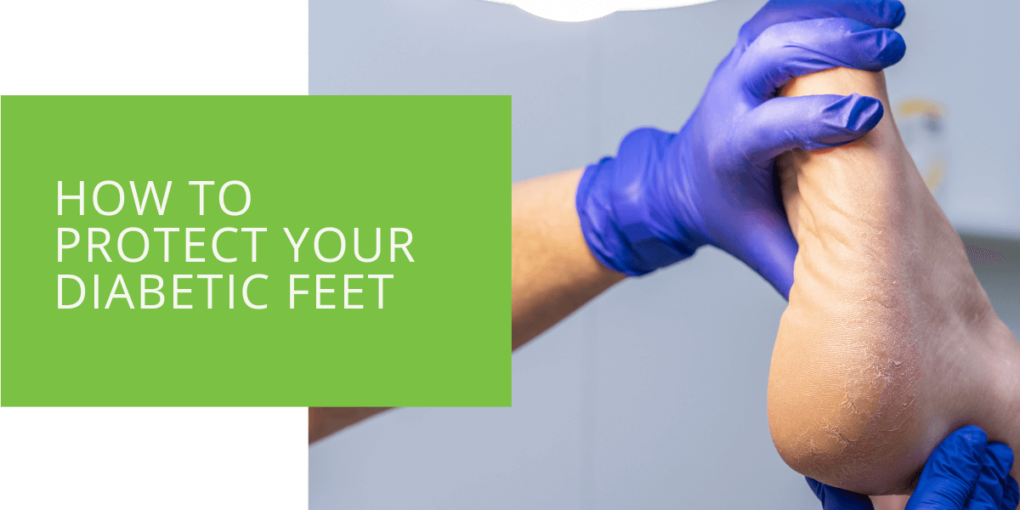How to Protect Your Diabetic Feet
It's essential to take good care of your feet if you have diabetes. Diabetes can cause nerve damage and reduced blood flow to your feet, leading to serious foot problems. People with diabetes are at a higher risk of foot injuries and complications, including amputation.
That's why keeping your feet healthy and protecting them from injury is important. This article will review some tips for taking care of your feet if you have diabetes. We'll cover how to prevent foot injuries, what to do if you have an injury, and how to get help from a podiatrist. Following these tips can help keep your feet healthy and reduce your risk of foot complications.
Why Is It Important to Protect Your Diabetic Feet?
Foot injuries and complications can have serious consequences for people with diabetes. One of the most significant risks is amputation. According to the American Diabetes Association, amputations are on the rise in the United States, and diabetes is the single greatest factor in amputations.
But it's not just amputation that you need to worry about. Other foot complications can also cause significant problems. For example, an infected blister or sore can lead to more significant problems, such as ulcers.
Foot injuries and complications can also impact your mobility and independence. If you can't walk or use your feet properly, getting around and doing the things you enjoy can be challenging. That's why it's important to take good care of your feet and protect them from injury.

How to Prevent Foot Injuries
There are several steps you can take to prevent foot injuries if you have diabetes. Here are some tips to follow:
Inspect Your Feet Daily
It's essential to check your feet daily for cuts, blisters, redness, and swelling. If you have trouble bending down or reaching your feet, use a mirror to check the bottoms of your feet. Be sure to look between your toes as well.
Wear Proper Footwear
Never go barefoot, even inside your home. Always wear shoes or slippers to protect your feet from injury. It's especially important to wear shoes that fit properly and offer support. Choose shoes with non-slip soles to help prevent falls.
Wearing socks can also help protect your feet. Socks can help prevent blisters and keep your feet warm, especially if you have poor blood flow to your feet.
Keep Your Feet Clean and Dry
It's essential to wash your feet daily with lukewarm water. Be sure to dry your feet thoroughly, especially between the toes. This can help prevent fungal infections, such as athlete's foot.
It's also good to moisturize your feet to prevent dry, cracked skin. Avoid using lotions between your toes as this can lead to fungal infections.

What to Do if You Have a Foot Injury
If you do have a foot injury, it's essential to seek medical attention immediately. A minor injury can quickly become infected in people with diabetes. Don't try to treat a foot injury on your own.
Once you've received medical attention, follow your healthcare provider's instructions. This may include taking prescribed antibiotics, keeping the injured area clean and elevated, and following the recommended treatment plan.
If you're unsure how to care for a foot injury, don't hesitate to ask your healthcare provider or a podiatrist for guidance. A podiatrist is a doctor who specializes in the care of feet. They can provide valuable advice and treatment to help keep your feet healthy.

Conclusion
These tips can help prevent foot injuries and maintain healthy, happy feet. It's important to take care of your feet, especially if you have diabetes, to ensure that you can stay active and independent. Don't hesitate to seek help from a podiatrist if you have foot problems or concerns. Taking good care of your feet can reduce your risk of serious foot complications and live a full, active life.
FAQ
What should diabetics wear on their feet?
Diabetics should wear shoes or slippers to protect their feet from injury. It's essential to choose shoes that fit properly and offer support. Non-slip soles can also help prevent falls. Socks can also help protect the feet and prevent blisters.
Should you moisturize diabetic feet?
It's generally safe to moisturize diabetic feet to prevent dry, cracked skin. However, it's important to avoid using lotions between the toes as this can lead to fungal infections.
What should you not do to a diabetic foot?
There are several things you should not do to a diabetic foot:
- Do not go barefoot, even inside your home
- Do not try to treat a foot injury on your own
- Do not neglect to check your feet daily for cuts, blisters, redness, and swelling
- Do not ignore foot injuries or complications - seek medical attention immediately
What helps a diabetic foot heal?
Seeking medical attention and following your healthcare provider's instructions is the best way to help a diabetic foot heal. This may include taking prescribed antibiotics, keeping the injured area clean and elevated, and following the recommended treatment plan. A podiatrist, or doctor specializing in the care of feet, can also provide valuable advice and treatment to help a diabetic foot heal.
What is good for diabetic feet?
Several things are good for diabetic feet:
- Wearing shoes or slippers to protect the feet from injury
- Choosing shoes that fit properly and offer support
- Wearing socks to prevent blisters and keep the feet warm
- Washing the feet daily with lukewarm water and drying them thoroughly
- Moisturizing the feet to prevent dry, cracked skin
- Seeking medical attention for foot injuries and following the recommended treatment plan
Why do diabetics have to be so careful with their feet?
Diabetics must be careful with their feet because they are at a higher risk of foot injuries and complications. Diabetes can cause nerve damage and reduced blood flow to the feet, leading to serious problems such as amputation. Diabetics need to take good care of their feet to reduce the risk of foot injuries and complications and maintain mobility and independence.

